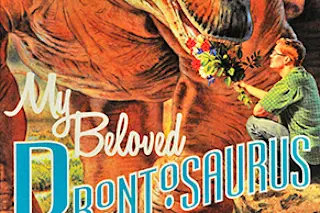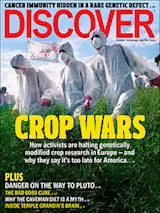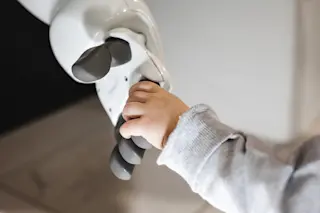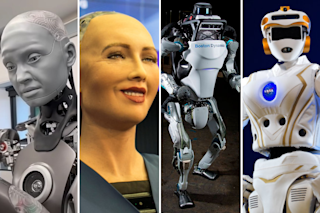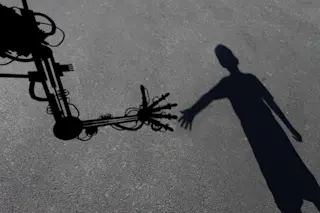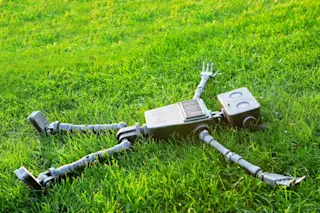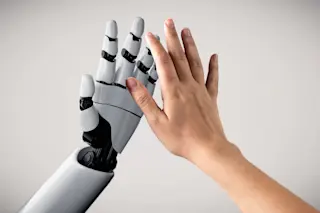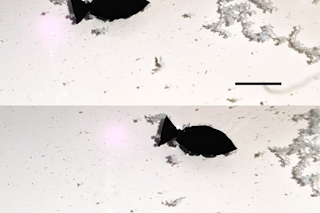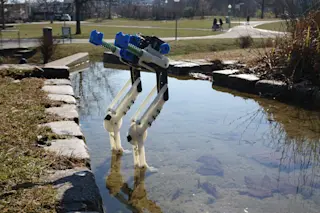Oregon Museum of Science and IndustryPortland, Oregon
Have your science and eat it, too, at the newest addition to Portland’s science education hub. Theory is equal parts exhibit and eatery, with a menu that showcases seasonal, regionally sourced ingredients. Rotating demos at the venue cover the chemistry behind foodie fun, including how different senses experience the act of eating and why that grilled burger tastes so good. Also, there is pizza. Wood-fired, hand-tossed, artisan pizza. Open daily.
Short of hiring Spider-Man to do the job, having a robot clean your windows is about the coolest way to get glass sparkling. Although earlier versions required a pair of magnetized units on either side of the window, the latest WinBot, which had its debut at the Consumer Electronics Show in January, is a single unit that attaches to smooth glass using vacuum pump suction. The WinBot first travels around the window ...


